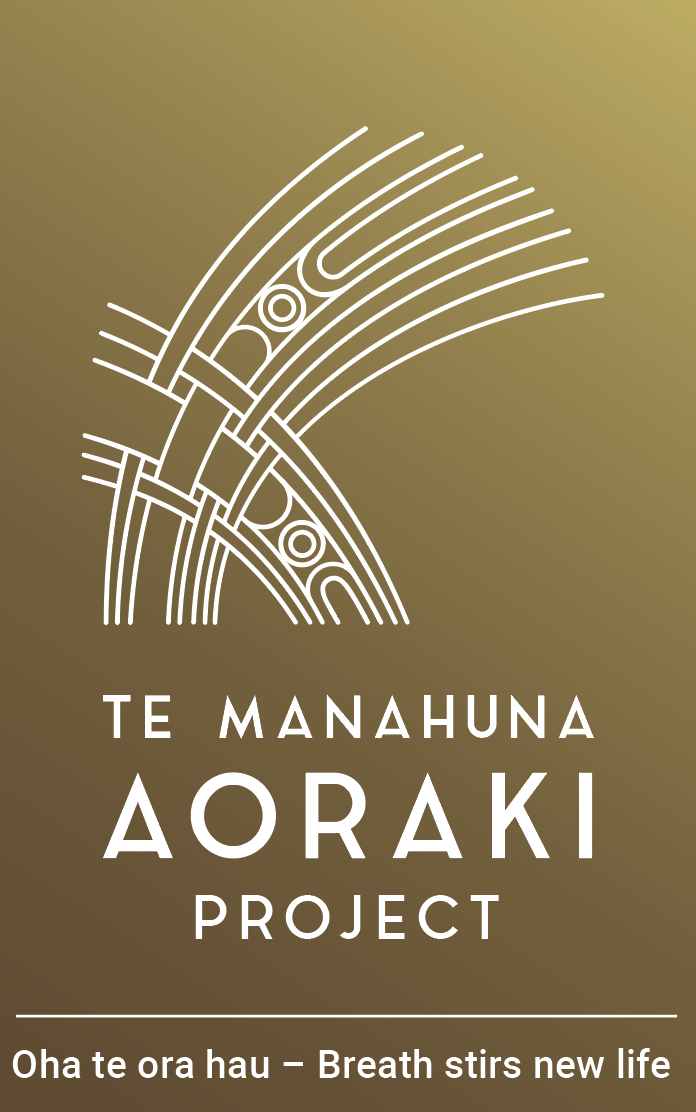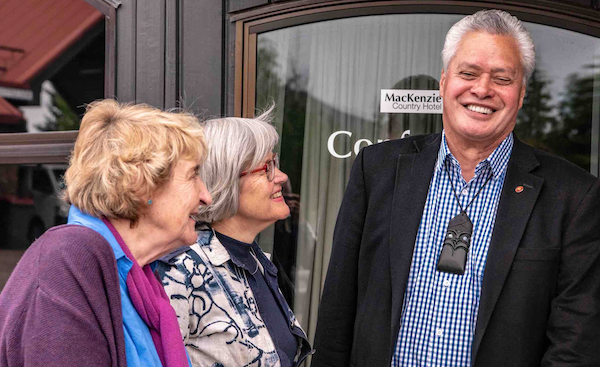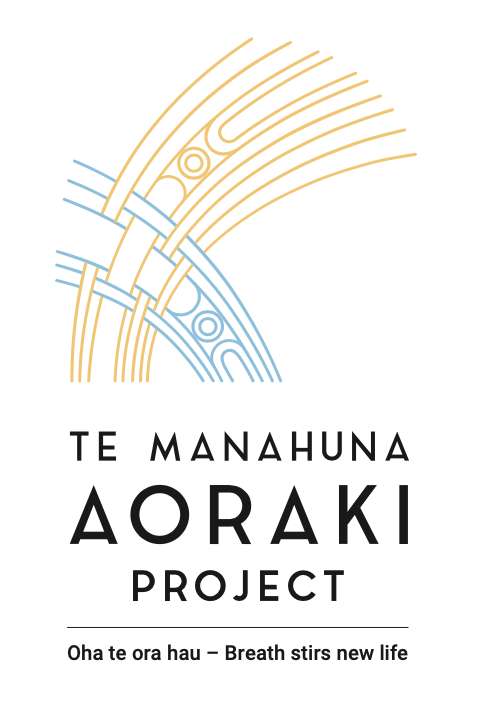He is now also lending his wisdom and experience as the Arowhenua, Waihao and Moeraki rūnaka representative on the board of Te Manahuna Aoraki.
“All my adult life I have been working for our people. We have a responsibility to ensure that future generations learn about the history and traditions of our ancestors. We want to retain and enhance our footprint in the Te Manahuna landscape,” he says.
David grew up at the pā in Moeraki. It was an idylic life he says, along with his siblings he spent his adolescence learning how to roll meat, dig graves, make fences, shear sheep and gather kaimoana.
“My grandfather, Rāwiri Mamaru Renata (or Davey Leonard) was known as the blue cod king, he could fish half a tonne of blue cod in a day with only two lines. Back then there wasn’t as much pressure on resources as there is today,” says David.
After attending Moeraki and Palmerston primary schools, and then Waitaki Boys’ High in Ōamaru, David says he was planning to pursue a military career. But family called and as the oldest son he came home to run the whanau commercial fishing business with his grandfather and brother.
He was very young when his grandfather died. Despite still being in his early 20’s David was appointed the Arowhenua board member on the Ngai Tahu Maori Trust Board.
He was tasked with co-ordinating and presenting the historic evidence relating to fisheries as part of the Ngai Tahu Maori Trust Board’s claim before the Waitangi Tribunal. He also became a co-negotiator, with Sir Tipene O’Regan, of the ‘Sealord’ settlement, a full and final settlement of all Māori commercial fishing claims under the Treaty.
Through his many roles, including Upoko of Moeraki Marae, David has gathered a wealth of knowledge about the history and traditions of the iwi. He says Te Manahuna was a place where ancestors gathered resources like weka and tuna (eels) as part of mahi mahika kai. It was also a place to transit to Tai o Poutini, the West Coast, with the name handed down from one generation to the next.
“Te Manahuna is a significant name because it tells part of the whakapapa of the valley, and the creation stories that come from the families of our three rūnaka. It is a precious name, literally it means the place of enlightenment, which has some connotations as being a place of energy,” he says.

David at Fork Stream
David has definitely had a busy life. He played a leading role in managing Ngāi Tahu Fisheries in its early years, and was Executive Chairman for ten years. He also served two terms as the Te Rūnanga o Moeraki representative on Te Rūnanga o Ngāi Tahu.
At one stage the husband and father of two was a director on 14 boards. “For a while there I lived out of a suitcase. I’ve been to the top of Norway, the back-blocks of Alaska and even northern Vladivostock”.
In the late 90s he became a Pou Kura Taiao, an environmental ethics advisor for the Department of Conservation, Te Papa Atawhai. His role was to support DOC management and staff to be culturally comfortable. Involvement in the UNESCO World Heritage Committee meeting held in Christchurch and rebuilding the visitor centre at Aoraki were highlights during this time.
Te Manahuna Aoraki chair Jan Wright says David’s mana, historical knowledge, and board experience are enormously valuable. “David ensures tikaka maori is always part of our thinking as we explore the opportunities to change the ecological prospects of Te Manahuna Aoraki,” she says.
Now based back in Moeraki, David says he feels very fortunate to be appointed a director of Te Manahuna Aoraki and would love to see his people become more involved with the project.
“Te Manahuna Aoraki is closely alligned with our values. It would be wonderful to see a predator free environment up around the big tupuna lakes. Whether we can accomplish that I’m not sure, but if we can get rid of the feral cats, and the ferrets and the stoats we’re on our way to having a vigourous and healthy environment for the precious manu, and other species, that range far and wide up in the valley.”
In 2017 David’s years of service for his iwi was acknowledged when he was recognised as an Officer of the New Zealand Order of Merit for his services to Māori.
“I said back then I was just a pā boy from Moeraki and I was very humbled to accept the honour on behalf of our people. My whole world is about this place, people see me as an authority about what happens in the valley, and that is a privilege”.


